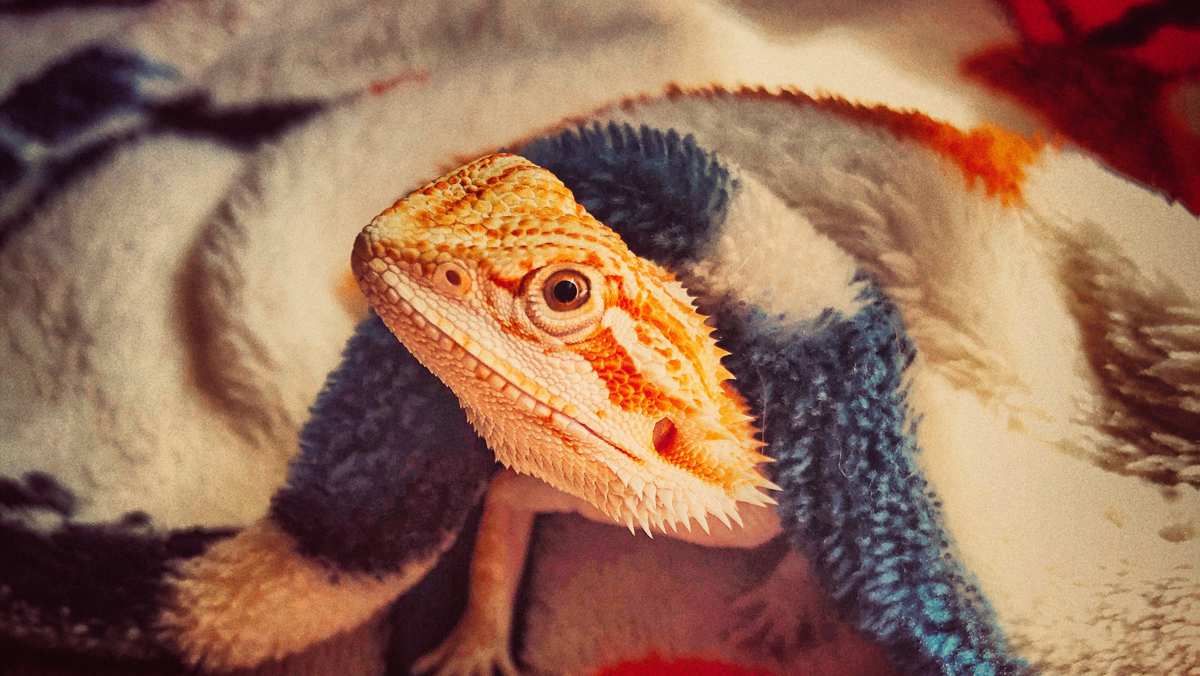Health Issue List
Below is a list of the most common health issues in bearded dragons.
Physical Issues
Gout - occurs when a bearded dragon's diet produces more uric acid than their kidneys can process. This is often caused by an improper diet and/or genetic issues involving underdeveloped kidneys. Gout can be diagnosed by a vet and treated with medication.
Impaction - is a blockage in the digestive track. This occurs when a bearded dragon consumes something that is too large to digest and it should be treated immediately to prevent paralysis and death.
Metabolic Bone Disease (MBD) - is a bone and skeletal disorder caused by long-term mineral deficiencies and improper nutrition. This is one of the most common health issues in bearded dragons.
Mouth Rot - is a gum and mouth infection that causes swollen gums and oral discomfort. It often causes the mouth and gums to develop white, yellow, and or grey patches. If left untreated the infection can spread to other areas of the bearded dragon and may cause more severe health issues.
Scale Rot - is a bacterial infection that occurs on the skin. It often develops from a small cut or abrasion and, if left untreated, can spread to other areas of the body.
Tail Rot - is a condition where the tissue at the tip of the tail starts to discolor and die. It can spread to other areas if left untreated so it should be treated as soon as possible.
Nutrition Issues
Vitamin A Toxicity - occurs when a bearded dragon has consumed too much vitamin A. This is most common when owners use vitamin A supplements containing retinoids (synthetic vitamin A). Foods rich in vitamin A cannot become toxic as excess vitamins are excreted in urine. Unlike natural vitamins, retinoids cannot be passed so any excess vitamin A will lead to toxicity. Symptoms include dry/discolored skin, weight loss, and dehydration.
Parasites
Mites - these are tiny parasites (usually brown, red, or black) that appear on a bearded dragon. Mites can occur on any bearded dragon, but is not very common.
Pinworms - are intestinal parasites common in reptiles and absorb the vitamins and minerals from your bearded dragon's diet which can cause nutritional issues. Pinworms can spread to people so they should be treated if found.


